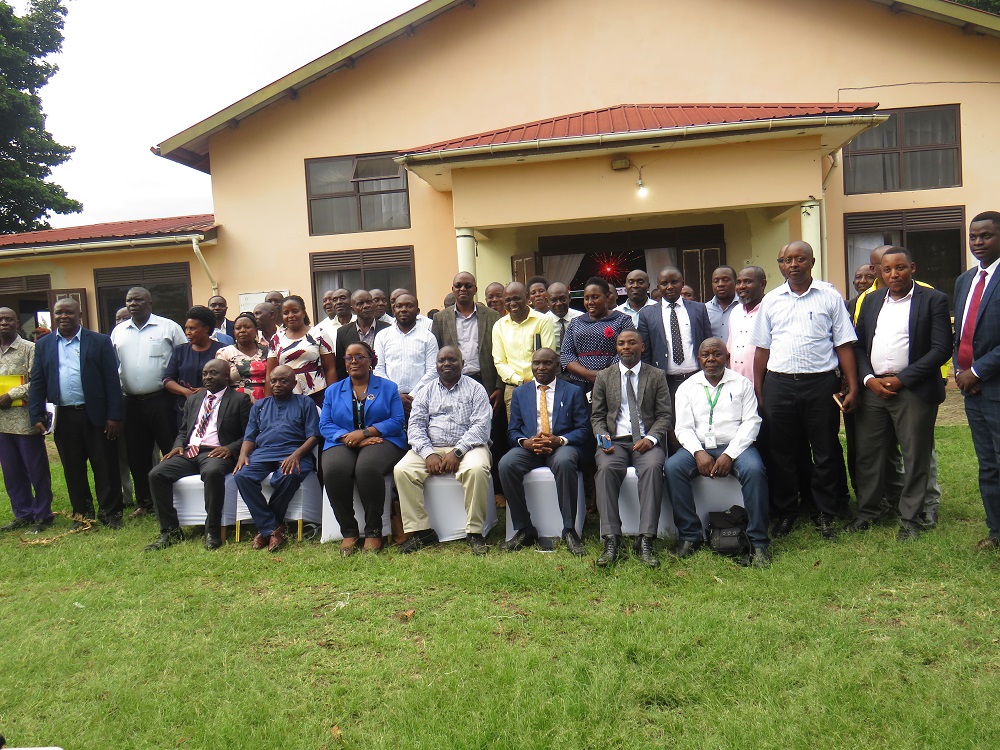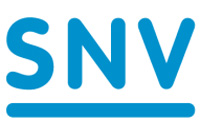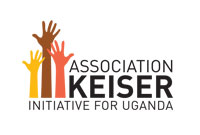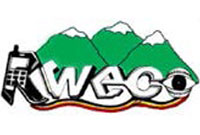Kasese, Uganda – October 6, 2025 — The Uganda Development Forum today officially launched “Musevenomics” — an economic philosophy attributed to President Yoweri Kaguta Museveni — at a colorful event held at the Multipurpose Hall in Kasese District. The launch, presided over by the Deputy Resident District Commissioner (RDC), Lt. Maate Magwara, drew a large crowd of political leaders, government technocrats, cultural and religious leaders, as well as private sector players and investors.
The engagement, described as the first of its kind in the Rwenzori region, sought to help stakeholders understand President Museveni’s economic management philosophy, which has guided Uganda’s transformation from a once-failed state into one of Africa’s most stable economies since 1986.
According to Dr. Edward Katende, the Executive Director of Uganda Development Forum, and Dr. Ngabo Herbert, the Parish Development Model (PDM) liaison officer, Musevenomics represents a home-grown, pragmatic approach to economic management that blends capitalism, liberalism, and socialism.
They explained that Musevenomics is anchored on seven key pillars — Rationality, Reasonability, Realism, Adaptability, Creativity, Resilience, and Sovereignty — all aimed at promoting evidence-based policy, innovation, and self-determined development.
“Musevenomics is about using reason, evidence, and practical realities to guide development,” said Dr. Katende. “It rejects rigid ideology and focuses on what works best for Uganda’s unique context.”
The philosophy also highlights twelve core principles including security and stability, privatization with a strategic state role, infrastructure development, digital transformation, industrialization, value addition, and the fight against corruption. Uganda, under this vision, seeks to grow its economy tenfold — from USD 50 billion to USD 500 billion by 2040.
Local leaders warmly welcomed the initiative, describing it as a timely call to reorganize Kasese’s economic base.
Representing the District Chairperson, Hon. Monday Girivazio, the Vice Chairperson of Kasese District, commended the Uganda Development Forum for bringing the discussion to the grassroots, saying it offers people “rich knowledge and a practical pathway out of poverty.”
“Rich countries thrive by organizing their economies,” he said. “Musevenomics is a wake-up call for Kasese to organize our businesses, markets, and resources so that we can prosper together.”
He further called for collective ownership and dialogue around the new philosophy, urging communities to identify and exploit local potential in tourism, agriculture, mining, and cross-border trade.
The Chief Administrative Officer, Mr. Walakira Paul, echoed the same sentiments, appreciating stakeholders for their strong turnout and reaffirming the district’s commitment to working with the private sector under its newly approved Investment Policy.
Representing the Prime Minister of Obusinga Bwa Rwenzururu (OBR), Hon. Muhesi Patrick, the Minister of Finance and Economic Development for OBR, pledged that the kingdom would use its cultural structures to spread the Musevenomics philosophy.
“OBR’s rebranding pillars — peace, unity, reconciliation, transformation, and mindset change — align perfectly with Musevenomics,” he said. “We are ready to take this philosophy forward as part of our community empowerment agenda.”
The NRM District Chairperson, Mr. Mbahimba James Bwambale, called for the localization of the philosophy, suggesting a district-specific version dubbed “Kasesenomics.”
“We must tailor Musevenomics to address local realities,” he noted. “When we apply it to our unique challenges, we will see true transformation in Kasese.”
In his keynote remarks, Deputy RDC Lt. Maate Magwara praised the Uganda Development Forum for its efforts and noted visible progress in Kasese’s socio-economic landscape.
“You can no longer find grass-thatched houses in most parts of Kasese — that’s a sign of transformation,” he said, while also calling for urgent action to address school dropout rates in the district.
He lauded President Museveni’s leadership in steering Uganda toward stability and prosperity, encouraging citizens to rally behind the government’s ongoing development agenda.
As Musevenomics begins to be integrated into Uganda’s National Development Plan and cascaded down to Parish Development Plans, the people of Kasese have positioned themselves as early adopters of this vision — one that promises inclusive growth, resilience, and national self-reliance.
The day’s discussions ended with a shared optimism: that Musevenomics is not just an economic model, but a movement for mindset change and collective transformation — from Kasese to the rest of Uganda.
The end.














